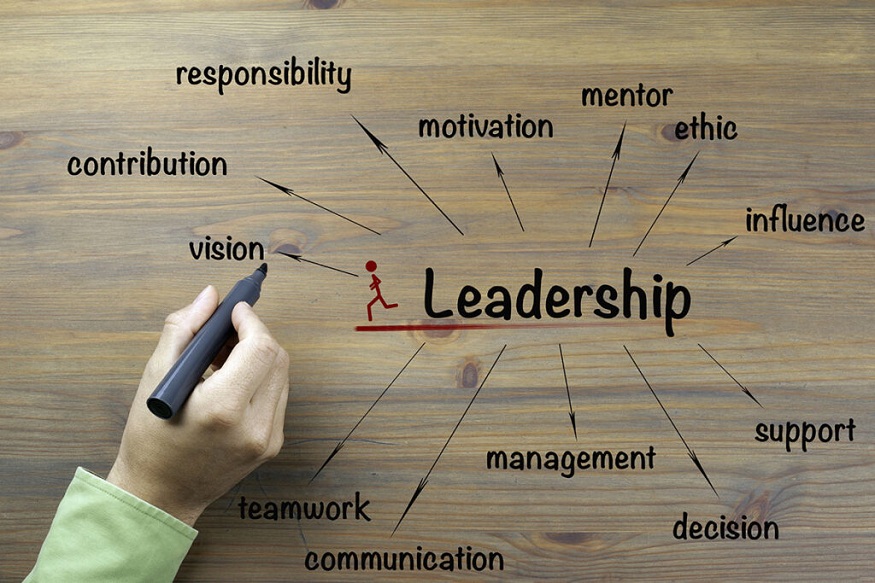Keller’s boss always remembered her daughter’s soccer games. Not in a creepy way, just genuinely caring. When Keller mentioned Emma scored her first goal, he’d ask about it the following week. Small stuff, really. But when layoffs hit the company, Keller worked twice as hard to help him navigate the crisis. That’s the thing about leaders who actually see you as a person.
Most managers treat employees like spreadsheet entries. They know your productivity metrics better than your middle name. But the exceptional ones? They flip this entirely. They realize a simple but profound truth: people perform better when they feel valued as individuals rather than as workers.
Leaders such as Ricardo Rossello have demonstrated what occurs when you truly emphasize people above processes. The results speak for themselves, but more importantly, the working culture has fundamentally changed.
1. When Your Boss Actually Cares
Real people-first leadership isn’t about pizza parties or casual Fridays. It shows up when your kid gets sick and your manager says “family first” without making you feel guilty. It’s the executive who notices you’ve been staying late and asks if you need help with your workload instead of praising your “dedication.”
These leaders remember conversations from months ago. They know who’s dealing with aging parents, who’s studying for their MBA, who’s training for a marathon. This isn’t micromanaging; it’s micro-caring. There’s a massive difference.
The ripple effect hits everything. Team meetings become collaborative instead of performative. People share ideas without worrying about looking stupid. Mistakes become learning opportunities rather than career suicide.
2. Making Room for Others to Lead
Here’s what’s wild about secure leaders: they’re not threatened when their people shine. Actually, they create opportunities for it to happen. The marketing coordinator gets to present to the board. The junior developer leads the new project. The quiet analyst gets asked for her opinion in every major decision.
Insecure managers hoard the spotlight. They need everyone to know they’re the smartest person in the room. People-first leaders do the opposite; they make everyone else look brilliant. Their ego doesn’t depend on being the star because their satisfaction comes from developing other stars.
This takes real confidence. You have to be comfortable with your team members potentially becoming more successful than you. Most managers fear this. Great leaders hope for it.
3. Trust Built Through Daily Choices
Trust isn’t earned through grand gestures or inspiring speeches. It happens in mundane moments. Do you follow through when you say you’ll check on something? Do you defend your team when they’re criticized unfairly? Do you admit when you don’t know the answer instead of pretending?
People notice everything. They see how you treat the cleaning staff. They watch whether you take credit for their ideas in meetings with higher-ups. They observe if you throw anyone under the bus when things go wrong.
The leaders people would follow anywhere are the ones who consistently choose their team’s well-being over their own convenience. Not dramatically, just reliably.
Conclusion
Putting people first is not soft management; it is good business. Leaders who grasp this strategy establish self-sustaining cycles of achievement that go beyond quarterly reports and annual assessments. They create something more precious than profit margins: loyalty, trust, and true human connection, which make work meaningful for all parties involved.









